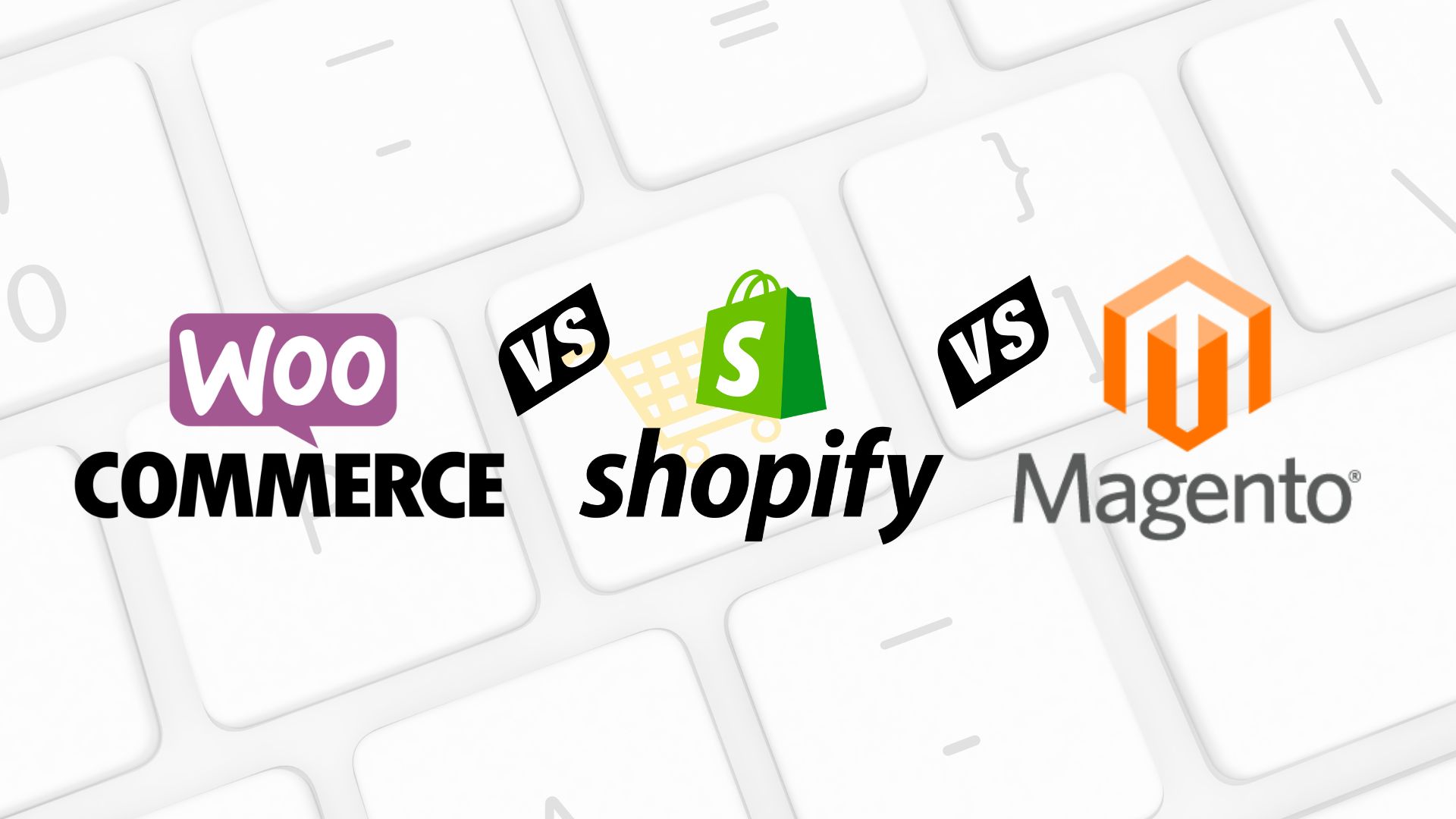Deciding on what eCommerce platform to use comes down to three things; learning curve, customization needs, and store size. Luckily, between WooCommerce, Shopify, and Magento, there is a solution that fits your budget and your eCommerce needs. All three have huge communities of users and developers – and each are trusted leaders in their industry. Let’s break our rubric down:
Learning Curve: How easy is it for a novice to learn and manage the site?
Customization Needs: Does your product or service require extensive customization?
Store Size: How many products do you have?
Other considerations, like costs and human resources, will figure in. We’re hoping the bigger the store you have, the larger the team and budget you have available. So we’ll touch upon these for each solution to keep the expectations just right.

Example of a WooCommerce on WordPress website – MyVistaPal.com
WooCommerce for WordPress
WooCommerce for WordPress powers a big part of the eCommerce platform market. This plugin is used on nearly 4 million sites – that’s about 30% of the market!
Pros
- It’s free. The base plugin is more than capable of handling standard shop functions.
- It’s open source. That means you can modify and customize as needed! It’s one of the most adaptable eCommerce solutions on the market.
- It’s easy to use. WooCommerce is as straightforward a solution as it gets. Additionally, there is a large community and thousands of tutorials to help you learn more about it.
Cons
- It can be costly. Though the base plugin is free, the extensions you may need to purchase to easily add functionality to your site- – like printing shipping labels, integrating specific payment gateways, building a configurable product – may require an annual subscription. An average site can pay up to $300 a year in plugin subscriptions.
- It can be slow. The more plugins you have, the slower the performance of your site. Keep your install clean, or suffer the consequences!

Example of a Shopify website – BabyNoomie.com
Shopify
Shopify is a hosted eCommerce solution – that the technology of your site is completely managed by Shopify – hosting, payment gateways, etc. For an eCommerce newbie, this is a dream solution. One can concentrate on managing and marketing the shop without another care in the world. Currently, nearly 2 million shops run on Shopify.
Pros
- It’s the easiest to use. The people at Shopify took the time to design a workflow that is easy to follow. If you want to set up a shop today and start selling, it’s possible.
- It’s stable and secure. Since the solution is hosted, that means you will enjoy great performance and tight security. In a world where the possibility of being hacked is a real issue, this removes a big burden that would generally go to a webmaster and an IT person. It’s all included here.
- It has great customer support. Of the three solutions we’re exploring in this article, it’s the only one with real customer support. If you need hand-holding, this is your solution.
Cons
- It can get pricey. As you grow, your needs will require you to move up their pricing plans. And though you can start with as little as $5 a month with social selling, pricing goes up to $2K a month for their enterprise solutions.
- It’s not easy to customize. If you have a specific design or functionality in mind, working with Shopify will become expensive. It’s a hosted solution, which comes with very limited access to code.
- It’s hard to move on. Leaving Shopify is not for the faint of heart. If you decide to leave their platform, all you’ll get from Shopify is a CSV of your data. You’ll need to build a new store from scratch.

Example of a Magento website – FinesseDecor.com.
Magento
Magento (the community version) is for serious retailers. If you have tons of traffic and hundreds of products, this eCommerce solution is the one for you. Over 250K merchants rely on Magento’s eCommerce solution. If you’re already doing substantial selling online, and need an enterprise-level solution, this is for you.
Pros
- It’s free. You can download the community version of Magento, install, and begin your journey to eCommerce legend.
- It grows with you. Magento is massive, but that doesn’t mean you need to use all its functions to get started. Start small, and when you need more, Magento is already capable of moving into your next phase.
- It possesses a great community. The Magento community is active and helpful. There is not an issue you will have that has not been addressed on their boards. The developer community is also engaged – so finding someone to help you modify or customize your shopping cart (for a fee) is easier.
Cons
- It’s a bit of a snob. Magento is not-so-user-friendly. Its amazing set of capabilities just about requires someone dedicated to managing the site and creating workflows to keep your business purring.
- It’s expensive. Magento Developers are a special breed. The capable ones have a systemic appreciation of the work they do – Magento is a big program with lots of complexity. Hiring a Magento developer will require having a set budget for the necessary updates, tweaks, and outright customization that will come.
Conclusion
All three solutions are incredible. Each, though different, provides you with the tools you need to create beautiful shopping experiences for your customers. Powerful and flexible, they have all the functionality needed to run your typical ecommerce store. That said, each caters to a very distinct type of business, so we’ll lay out which is best for you, within the context of a small to medium business application.
Small Business in the Proof of Concept Stage
If you are starting out, have a fairly simple product, and don’t need any customizations – we suggest getting started on Shopify. It’s easy to set up, easy to manage, and they take care of most of the major technical challenges – from the hosting to the internet merchant account you’ll need to start selling online. There is very little need to spend much-needed cash when there is no cash flow. A basic Shopify store is a great choice when you are starting out and can’t afford a digital development team to support you.
Small business in need of control and custom solutions
You want control of every aspect of your customer’s experience. We get that. The customer journey is too important to be constrained by Shopify’s hosted solution. For this situation, we suggest WooCommerce. Based on the world’s most popular CMS – WordPress – WooCommerce has a great community, tons of extensions, and a massive pool of on-demand developers.
WooCommerce is easy to use and can handle the ecommerce duties diligently and reliably. It is best suited for small stores with low to medium traffic. You will need a development team on call to help you manage updates, issues, and modifications.
Small business in need of an enterprise solution
What do we mean by enterprise? If you have hundreds of products, need omnichannel support, demand high performance, and have complicated business requirements – Magento will fit you like a glove. Of the three, it is the most powerful and customizable. Magento has built-in functionalities – advanced inventory and warehouse management, custom admin roles, business intelligence tools – that are already integrated. It is plainly built from the ground up to provide larger businesses with an open source solution that can handle a well-trafficked site with hundreds of transactions a day.
Thank you for sticking with us, and we hope this helps you make the most informed choice possible when choosing an eCommerce platform for your business.




